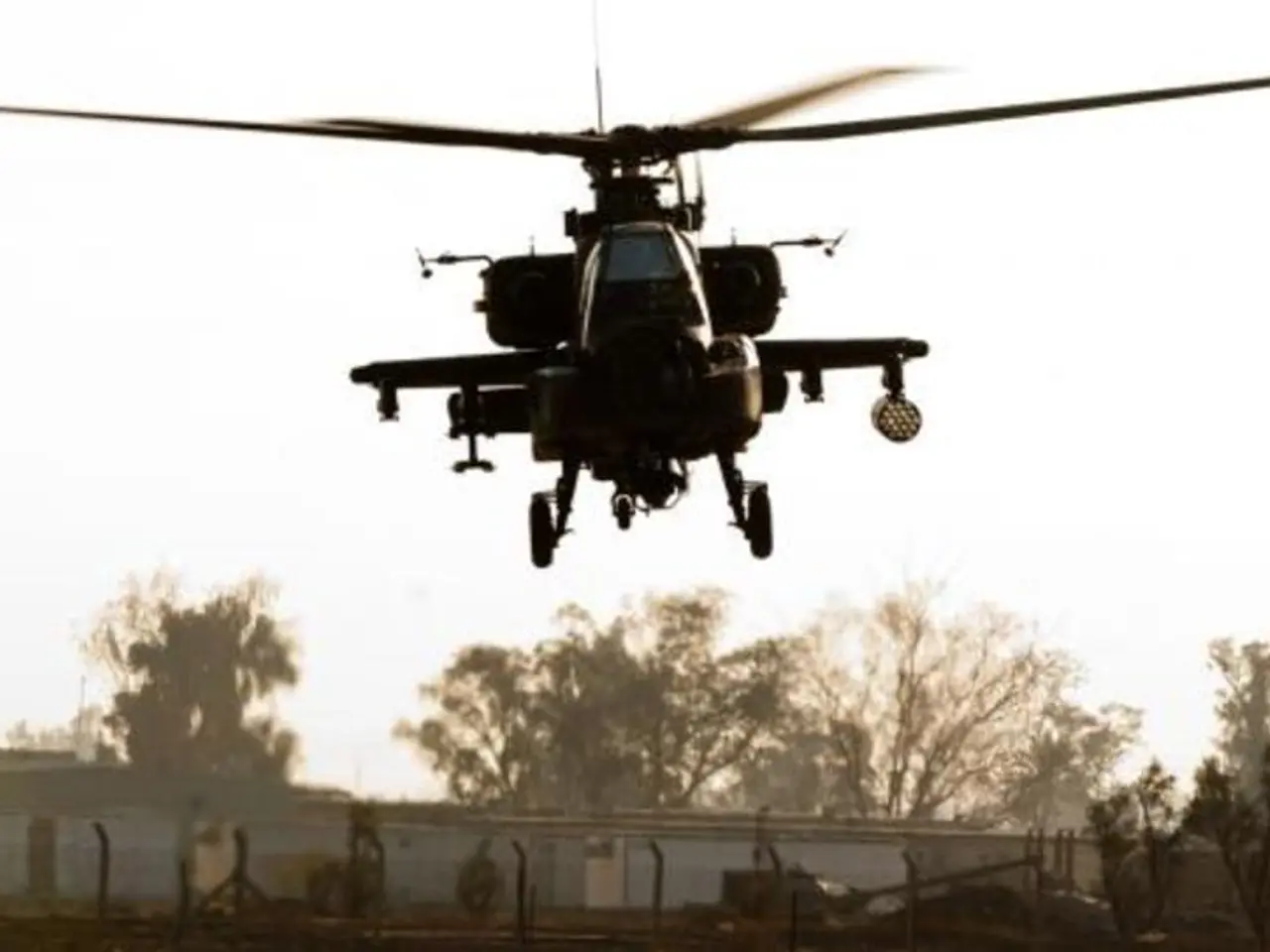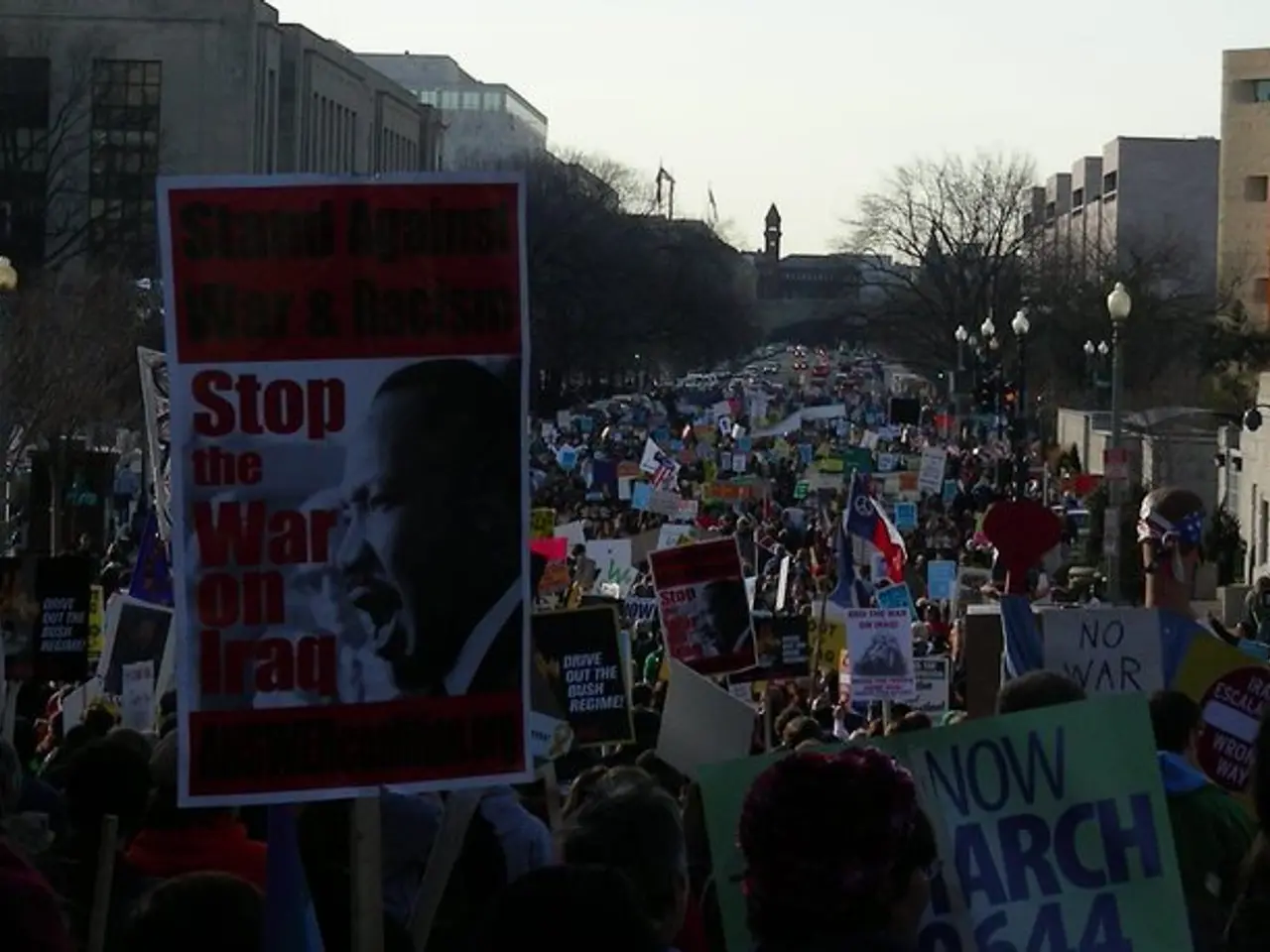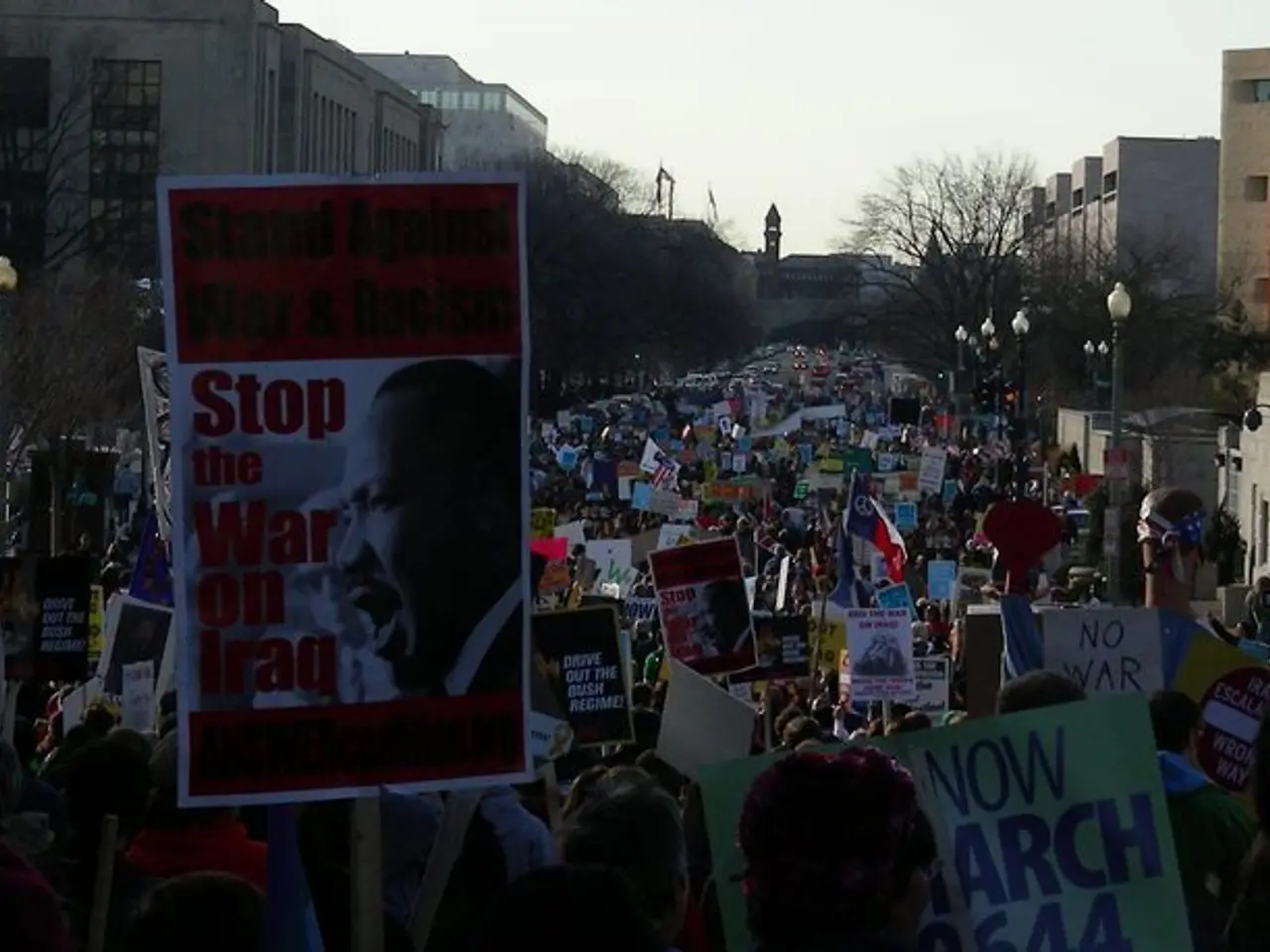Russia deemed an untrustworthy partner in alliance context, according to CEPA.
In a world of shifting alliances, the relationship between Russia and Iran is one of intrigue and complexity. Recent events have revealed an ongoing intelligence war between the two nations, as they engage in espionage activities while maintaining strategic cooperation in certain areas.
Following the U.S. and Israel's strikes on Iranian targets in June, Tehran found itself essentially alone in facing the crisis. Despite close cooperation, the Kremlin offered no political or military support to Iran, indicating the conditional nature of their partnership.
Russia's primary focus in this intelligence war is the penetration of Iranian security services. The FSB, Russia's main security agency, aims to protect Russian technologies from leaks and infiltrate Iranian intelligence services, including those related to the nuclear program. This heightened level of surveillance and espionage is due to concerns about the theft of technology, with Russia fearing that Iran might steal its advanced military or civilian technologies.
The nuclear program is another key area of contention. Russia has historically been skeptical of Iran's nuclear ambitions, often viewing Iran more as an enemy than an ally. This stance suggests that Russia may not be entirely supportive of Iran's nuclear aspirations.
Despite these tensions, Iran and Russia have collaborated on strategic issues. For instance, Iran has supplied Russia with drones for use in Ukraine, indicating a level of strategic cooperation despite underlying tensions. However, it's worth noting that recent strategic agreements between Russia and Iran do not include a mutual defense clause, which limits the extent of their military cooperation.
In addition to these issues, both countries are also engaging in recruitment efforts. Iran is attempting to obtain Russian technologies in the areas of turbojet engines, energy, aviation, and drones. Simultaneously, Iran is also reportedly engaging in recruitment among Russian delegations.
The Russian side is also concerned about the strengthening of Tehran's influence among regional Muslim communities and the spread of Shiite propaganda. This concern is likely due to the potential impact on Russia's own strategic interests in the Middle East.
As the intelligence war between Russia and Iran continues, the future of their relationship remains uncertain. What is clear, however, is that both nations will continue to engage in espionage while seeking strategic cooperation in areas that align with their respective interests.
Sources: 1. The Insider 2. Reuters 3. BBC News
- The ongoing intelligence war between Russia and Iran, as revealed in general news, not only involves strategic cooperation in specific areas but also policy-and-legislation concerns, such as Russia's aim to protect its technologies from leaks and infiltrate Iranian intelligence services.
- Amidst the complexity of their relationship, both Russia and Iran, as reported by sources including The Insider, Reuters, and BBC News, continue to engage in recruitment efforts, with Iran attempting to obtain Russian technologies and simultaneous reports of Iranian recruitment among Russian delegations.







